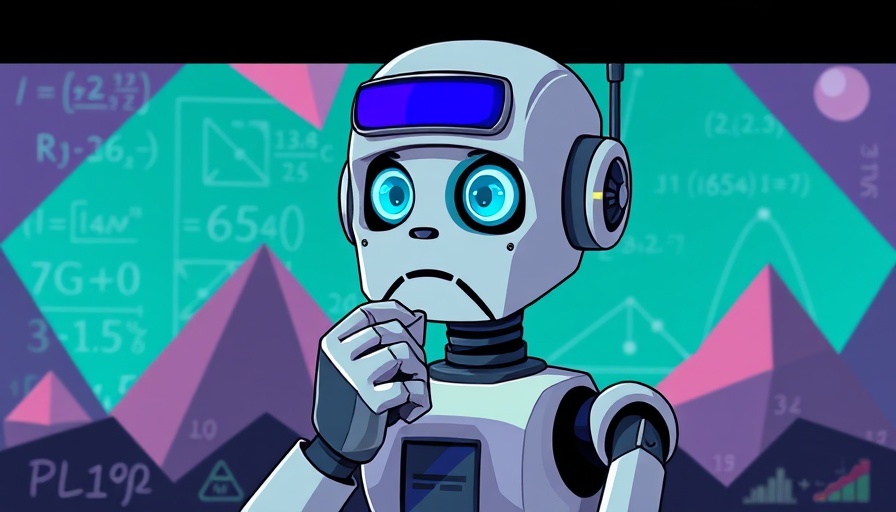
The State of AI Coding: An In-depth Look
In recent findings published by OpenAI, researchers unveiled significant limitations in the coding capabilities of artificial intelligence (AI) models, revealing that even the most advanced systems still fall short of human expertise in software engineering. This analysis, which draws from over 1,400 real-world tasks sourced from the freelance marketplace Upwork, challenges assumptions about AI's potential to replace human coders.
AI's Performance in Real-World Scenarios
The benchmark study, known as SWE-Lancer, was designed to evaluate AI's ability to handle a range of coding tasks, including bug fixes and managerial decisions. OpenAI's research highlights that while AI models, such as Claude 3.5 Sonnet, demonstrate impressive speed in completing isolated tasks, they struggle significantly with complex, nuanced real-world applications. The study found that Claude managed to earn only about 40% of the total potential payouts available for the tasks tested, indicating an underlying challenge in effectively addressing software engineering problems.
The Challenges of Specialization: Frontend vs. Backend
One noteworthy trend in AI coding performance is the stark disparity between frontend and specialized backend tasks. Research shows that current AI models excel at frontend coding, where they can leverage abundant training data. However, they falter in tasks that require deeper technical understanding, particularly in specialized areas such as SQL and complex systems architecture. The SWE-Lancer results echo earlier findings from a Hacker News discussion, where users shared their struggles in obtaining meaningful outputs from AI for specialized coding tasks.
AI: Advanced Autocomplete or Genuine Intelligence?
The ongoing debate about AI's role in coding centers around whether these models are genuinely intelligent systems or simply advanced autocomplete tools. Despite the hype surrounding AI's capabilities, there is consensus among experts that AI's reliance on high-quality prompts and context means it currently lacks the reasoning and insight needed for complex coding. This reinforces the notion that while AI can significantly enhance developer productivity, it is not yet ready to fully replace creative thinking and human problem-solving abilities in coding tasks.
The Path Forward: Improving AI Coding Capabilities
As noted in discussions among AI experts, improving AI coding skills requires more than just advanced algorithms. Addressing the limitations outlined in the SWE-Lancer benchmark involves increasing the diversity and quality of training data while enhancing contextual use during prompts. Initiatives, like OpenAI's open-sourcing of part of the SWE-Lancer dataset, are pivotal for fostering further research on AI in coding. Such frameworks allow developers to explore innovative strategies designed to elevate AI's ability to handle increasingly complex coding challenges.
Implications for the Future of Software Engineering
The integration of AI in software development raises questions regarding the future roles of human programmers. While there might be concerns about job displacement due to automation, the consensus among experts is that AI will enhance rather than fully supplant human developers. This suggests a transforming landscape in software engineering, where collaboration between humans and AI tools becomes fundamental to driving innovation and efficiency. As the AI landscape evolves, it is evident that judicious use of AI could result in a redefined role for software engineers, focusing on higher-level problem-solving and strategic input.
Ultimately, while current AI models showcase progress, they underscore the ongoing necessity for expert human insight within software engineering. As the development of AI in coding continues, balancing technological advancements with ethical considerations will be crucial in shaping a responsible and inclusive digital future.
 Add Row
Add Row  Add
Add 




 Add Row
Add Row  Add
Add 

Write A Comment